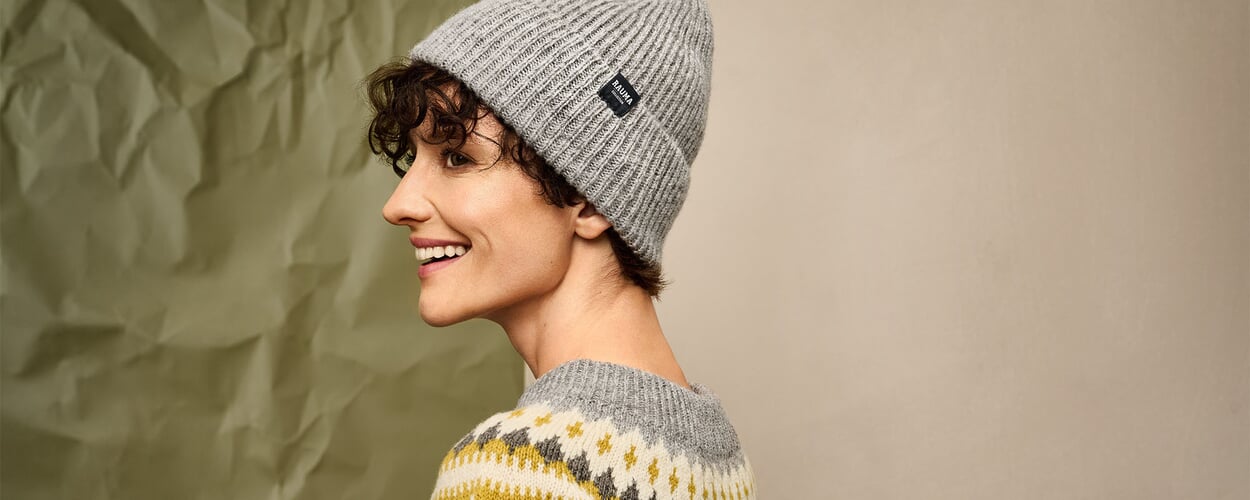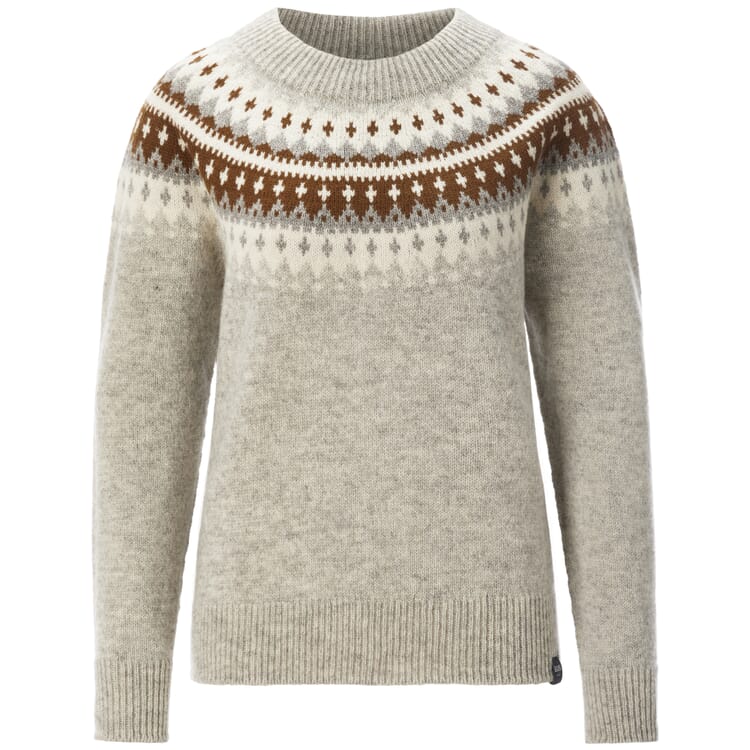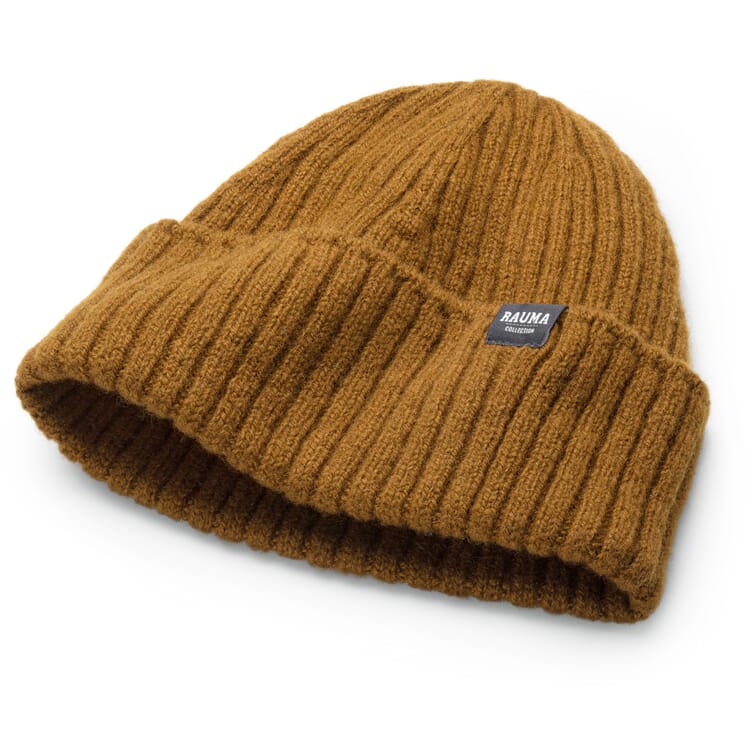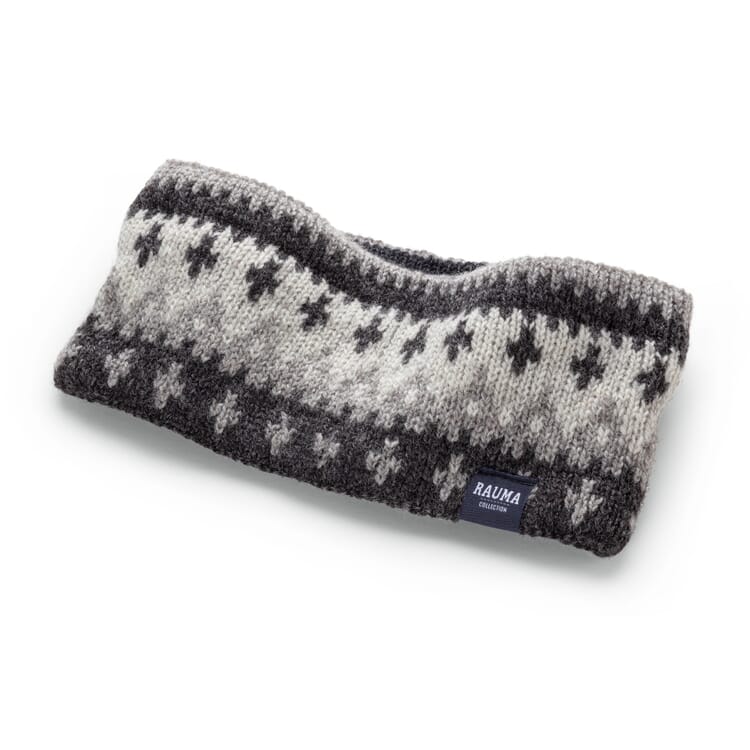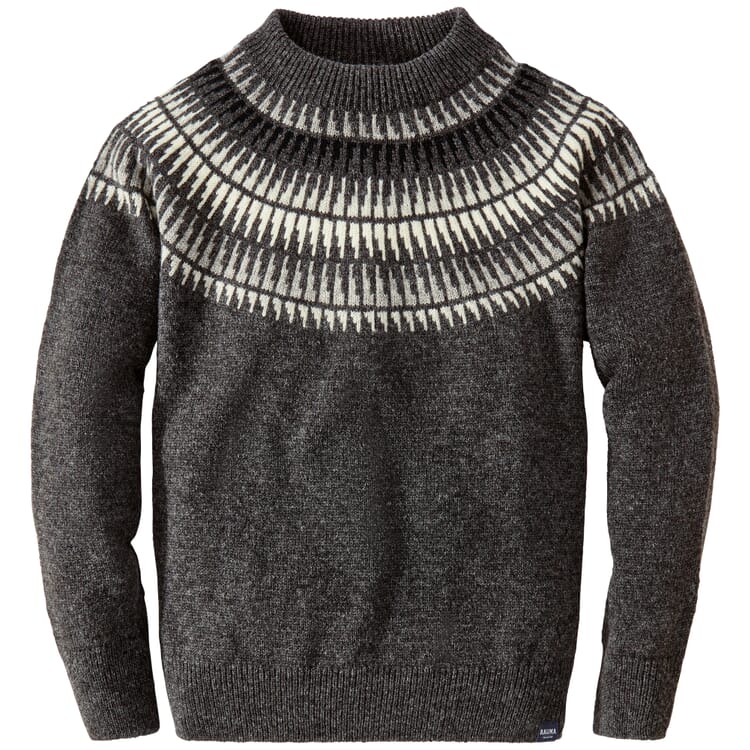Manufacturer
Norwegian by nature. Rauma Ullvarefabrikk
Rauma Ullvarefabrikk is located in picturesque Romsdalen, a mountain valley in western Norway, where the River Rauma flows into the Romsdalsfjord and the mountains to the left and right rise almost 1,800 meters above the narrow valley. Founded in 1927 by the then 25-year-old Erling Digernes in an old boathouse with a few simple textile machines and three employees, the company is now Norway's leading manufacturer of handmade wool and one of the most important yarn suppliers for the specialist trade. Rauma Ullvarefabrikk is still a family business and is run by the third generation of the Digernes family - the CEO is Erling Digernes, the grandson of the founder. Even outside Norway, the high-quality Rauma yarn is no longer an insider tip. Among knitters, Rauma is the place to go for high-quality yarns made from Norwegian wool and traditional and modern Norwegian patterns for sweaters, hats, gloves and other knitwear.
From yarn to your own knitwear. The "Rauma Collection"
For some years now, Rauma has also been producing its own collections of pure Norwegian wool. They are produced at Rauma Ullvarefabrikk, from the yarn to the finished garment. The Norwegian wool for the knitwear is spun as carded yarn, which is particularly durable, even, smooth and voluminous. Rauma knitwear is warm, light and airy and is characterized by high wearing comfort and durability, offering the perfect combination of functionality and comfort. In addition to sweaters, the "Rauma Collection" also includes accessories such as hats and headbands, made in Norwegian knitting patterns - from traditional ones such as the famous Marius pattern to modern variants such as "Varde" and "Spiret".
Regionally produced. Norwegian wool from Norilia
Rauma obtains the raw wool for the yarns from Norilia, a subsidiary of the Norwegian agricultural cooperative Nortura: it works closely with the local groups of the Norwegian Sheep and Goat Breeders' Association (NSG) to collect the wool from the farms. This ensures short distances within the manufacturing process. Norwegian wool is known for its durability, luster and elasticity. As the climate in Norway is extremely harsh and the sheep live outside all year round, they have developed a dense coat with fine, crimped wool fibers, which insulates particularly well against the cold and has excellent heat-regulating properties. In addition, the extreme climatic conditions ensure that the wool remains free of parasites, so there is no need for chemical treatment after shearing.

